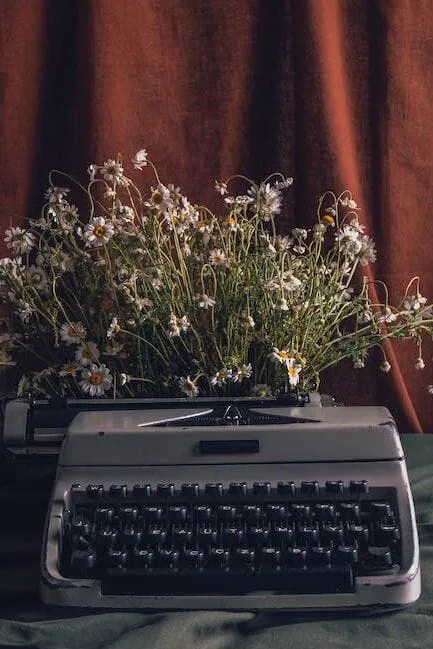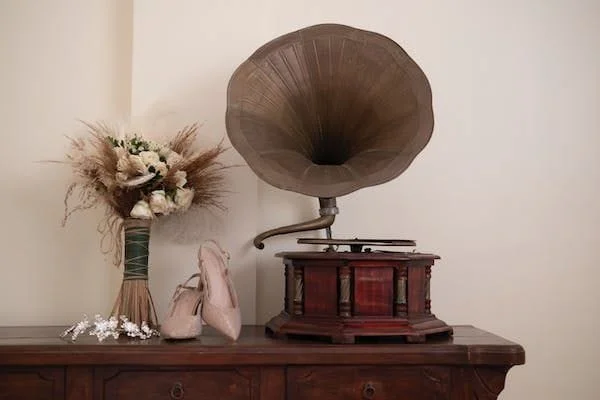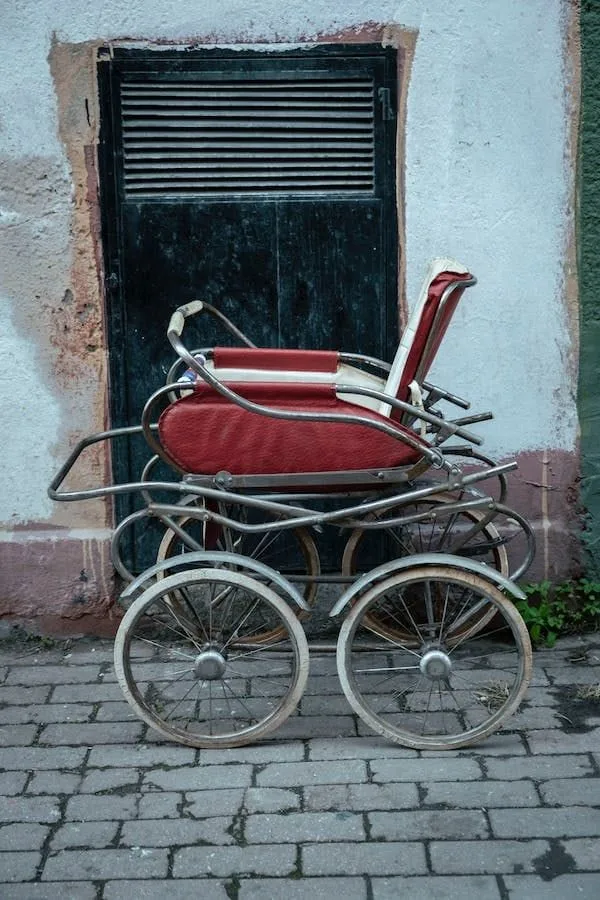Differing Holy Moments™ is a studio brand where participants learn about their connection with archetypal numinous experiences (ANEs) and other personal encounters through a collection or exhibition of items on display. The definition of an ANE is twofold: 1.) firstly, it is an event where an archetypal image spontaneously appears in the participant's psyche and produces intense sensations, feelings, and behaviors, and 2.) secondly, it is a meaningful quality of worthwhile feeling or purpose when an archetype consciously assimilates in the participant's personality for psychological renewal, integration, and healing.
The studio's method of inquiry aims to explore how ANEs relate to prenatal attachment self-meanings for curious minds and diverse participants. Featuring interactive art exhibits, pop-up talks, speeches, and healing arts performances, the studio presents the dynamics of trauma, injury, and healing situated in the array of attachment-oriented images, narratives, and archetypal motifs.
Participants create objects to better understand their circumstances, vocations, and communities through the lenses of Jungian theory, psychological projection, and universal life meanings. They research the biological, cultural, and social wonders of lived experience and how individuals perceive them. They bring consciousness to important issues through the power of healing, storytelling, and portraiture to transform and renew insights. Also, they bring awareness to unconscious feelings that inform the development of the whole self while encouraging visitors to learn and grow through curated content to achieve better clinical outcomes.
Differing Holy Moments: An Inquiry of the Archetypal Numinous in Prenatal Attachment
(Copyright©, 2020, All Rights Reserved)
Participatory research encompasses a wide range of approaches to empowering community members to engage in storytelling that is directly and peripherally relevant to research itself. This includes engaging community members to actively participate as change agents in the creation, delivery and refinement of services, program evaluation, education, data collection, interpretation of findings, and dissemination of storytelling products and research documents.
One of the fundamental aspects of participatory research is that it aims to involve community groups and/or community members in an egalitarian partnership with researchers. In essence, it seeks to provide a means of enabling people to reestablish power and control in their own lives and to realize their power as members of a collective community. Formal boundaries between traditional roles are reduced or eliminated, and anyone who participates in participatory work may assume a variety of roles and responsibilities in the research and action process.
This trauma-informed research method incorporates drama therapy, role theory, and the hero's journey to explore relationships, role responsiveness, and clinical challenges through embodiment and performance. Performance provides a rich environment for documenting and researching expressive arts practices linked to education, therapy, and social justice in communities. The participation process also disrupts oppression and engages communities in meaningful critical, cultural, and social dialogue to include artists, students, healers, activists, and leaders.
An Excerpt from America's Motherhood Guilt Complex - From the Motherhood Guilt Monologues©
American culture has long portrayed motherhood as fraught with emotional wounding, that relative progeny is by no means an exception to the wellspring of maternal scrutiny. It is a long, storied history having shifted from the estrangement of ancestral myth to the unfolding of a Shakespearean drama, intensely critical, personal, and prevalent within the lives of countless women haunted by whispers of cultural and scientific reproach. Making its way into the 19th century and henceforth, increasing in profundity like the bellowing and roaring of a steam engine headed on course for the arrival of a bright new destination, expectations about good mothering have undergone constant examination by medical and scientific experts alike, thereby shaping our beliefs and routines about motherhood into cultural norms and traditions.
Understandably, when the value of motherhood gives way to something very different, the upheaval of standardized expectations fuels a sense of helplessness, anxiety, and fury among the prevailing eye of the American public. Scores of web content discharge the alchemical boiling of frustration and disease, at once solidified into the collective smoldering of fear and trepidation, amid their failure to supply deeper answers about the horrendous impact of a child’s upbringing.
Her legacy connected to the children she raised, a Black suburban mother isolated from society was not only at fault for her child’s actions but also responsible for her own tragic demise. The suburban community showed little interest in commonplace judgments, trite political and historical explanations, and the execution of a new government. The worm of anxiety pervaded a deeper landscape of reverberating cultural regression to a less adaptive level of security. The fact that her beloved children were harmed, their lives forever extinguished beneath the hostile trust, safety and confidence of her childrearing, the Black suburban mother had been driven to perform the unthinkable at the permissiveness of a neglectful society.
Why then does the worm of anxiety pervade so heavily on a cultural gender so affluent with valuable history, gifts and future aspirations? Why does mother America hear whispers of self-blame and culpability? Why does she sacrifice herself so willingly to the reprise of socio-political woe and suffering? As one author reminds us, because guilt has become a part of American motherhood, which demands a mother’s total self.
As for many of us, the guilt of motherhood is always there, at times, calling our attention to the exclusive suffering of our children. Yet as the image fades from the limelight, the beam of despair never ceases to escape the intuitive vision, wanting to be understood, to go deeper, and to return again with greater force, intensity, and noticeability. So then shall be the focus of this work, not a solution to the pandemonium of hopelessness and despondency evident within the American people, but rather, a focus on the reality of present-day circumstances, however disjointed and imperfect.
"Yeah, I got you where I want you now. Can't have no babies. Got you cheap. Ugly. Can't do no work. Now. I got to spend all this money? What happened? I got you cheap. Got you for these classes. I got to pay everybody else all this money, but I got you cheap. So I'm saving some money. But you, you ain't worth it. You ain't worth nothing.
I picked you up, gave you this house, but you ain't worth it, cause I got you cheap. Cheap, cause you ugly. And you know what? That's the way I'm gonna keep it. I don't plan on doing nothing else for you. I just want you to work so I can relax and go on vacation.
What you say? You unhappy. You don't deserve anything else. You don't deserve to be happy because I got you cheap. You working for me. Shoot. Happiness. Ain't no such thing as happiness. The only real thing in this world is taking care of me and my needs. Because I got you cheap.
I'm the only one that has needs up in here. I need my dinner cooked, my breakfast and my lunch. I need you to clean this house. Get behind them toilets and clean them too. And then when you're done, I need you to lay on your back so I can do my business. And then you better get yourself up early and go to work again, because I got you cheap. Ain't no need for you to be happy. The only thing you need to do is get to work.
What you need to be beautiful for, ain't no such thing as beauty up in here. You ugly anyway. I love you, just the way you are honey, ugly and all. What you got to be beautiful for. That don't mean nothing to me. Because I got you cheap. And cheap is all that matters. Okay, so you better get to work, America." — Danielle Burns
Hence, to explore the complexity of America's motherhood guilt is to delve into Carl Jung’s collective psychology. Since it centers squarely on the archetypal realm, we are able to glean a better understanding of cultural actions and reactions beyond the personal landscape. In much the same way the adult provides unceasing care, attention, and fostering to the inner child that wishes to complete itself, it is as if mother America caters to the American people, fostering ongoing reflection, intellectual and spiritual evolution. However attentive America is to the welfare of her offspring, her actions are prone to critical judgment and scrutiny – even to the point of persecution.
We shall explore the historical and psychological influences that have plagued America's motherhood guilt complex. While we shed light on this archetypal dimension inherent within the motherhood cultural dynamic, the ultimate aim will be to provide a means of healing and consciousness rendering to the observer. So may the Motherhood Guilt Monologues© be of use to you, and if so, then we have all gained something meaningful." — Danielle Burns
Differing Holy Moments® - May 25, 2021 (Copyright©, All Rights Reserved)
America's Motherhood Guilt Complex - From the Motherhood Guilt Monologues©





